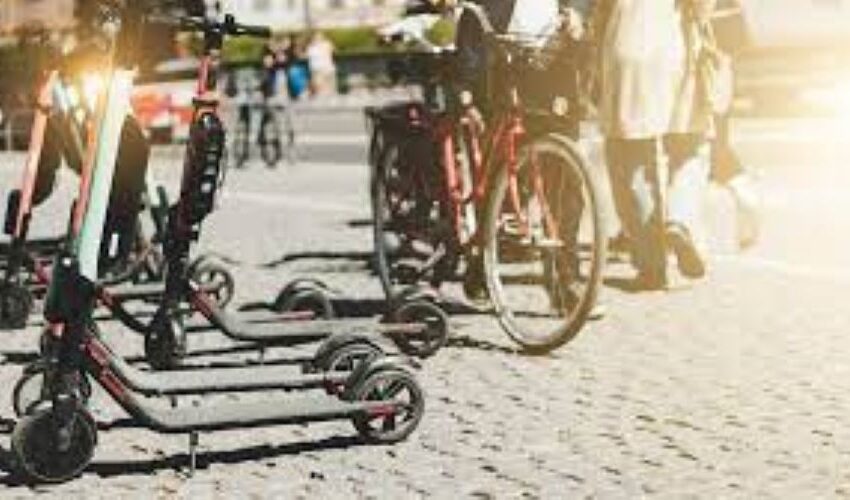India’s urban centres moving towards active & shared mobility, says report

Team L&M
♦ Twin cities of Pune and Pimpri Chinchwad score the highest on Ease of Moving in 2022; closely followed by Mumbai and Coimbatore
Mumbaikars are among the lowest spenders on transport per month
♦ Kolkata has the highest adoption of shared mobility
♦ Ahmedabad has the highest willingness to adopt electric vehicles
♦ Public transport usage among women and the trans/ non-binary is the highest in Ludhiana
♦ Chennai has among the best cycling infrastructures in India
These are the findings of the OMI Foundation’s Ease of Moving Index – India Report 2022. The report was jointly launched by Kunal Kumar, IAS, Joint Secretary and Mission Director, Smart Cities Mission and Shombi Sharp, UN Resident Coordinator in India.
The Ease of Moving Index (EoMI) – India Report 2022, is based on a survey incorporating responses from 50,488 survey respondents, 220 FGD focus group discussion participants and data from government and other sources. EoMI also pays particular attention to aspects of accessibility and inclusivity, recognizing the need that “Mobility for All” has to be the cornerstone of a thriving and vibrant active and shared mobility ecosystem.
The EoMI 2022 report reveals that Kochi holds the greatest promise for the adoption of active and shared mobility, while Bhubaneswar shines in terms of providing a seamless mobility experience. Aizawl emerges as a top performer in clean mobility, while Jabalpur has the lowest mobility expenditure. Kolkata leads the way in shared mobility adoption, and Pune boasts of the most inclusive mobility ecosystem.
“Urban centres are the economic growth drivers in the country, and mobility plays a crucial role in empowering citizens to realize their true potential. India’s journey towards becoming a $10 trillion economy and beyond has to be fuelled by a sustainable, inclusive and efficient mobility system,” said OMI Foundation’s Managing Trustee and Former Indian Ambassador to China, Gautam Bambawale.
“Active and shared mobility choices have emerged as one of the key enablers of sustainable mobility, which when paired with technological innovation holds the promise of revolutionizing how Indian cities move,” added OMI Foundation Trustee Harish Abichandani.
The EoMI also shares a comparison of key insights from citizens’ reported mobility patterns and perceptions between 2018 and 2022. Out of the 18 cities covered in both editions, nine have witnessed a rise in public transport usage. Moreover, the comfort level perception has improved in 15 cities since 2018. It was also observed that 12 cities have received higher cleanliness ratings this year, indicating an improvement in the perception of public transport users towards its cleanliness. Walking and cycling are considered the optimal modes of transportation, particularly for first- and last-mile connectivity, and are often contingent on the availability of safe infrastructure, which has also improved since 2018 in the eyes of the respondents.

